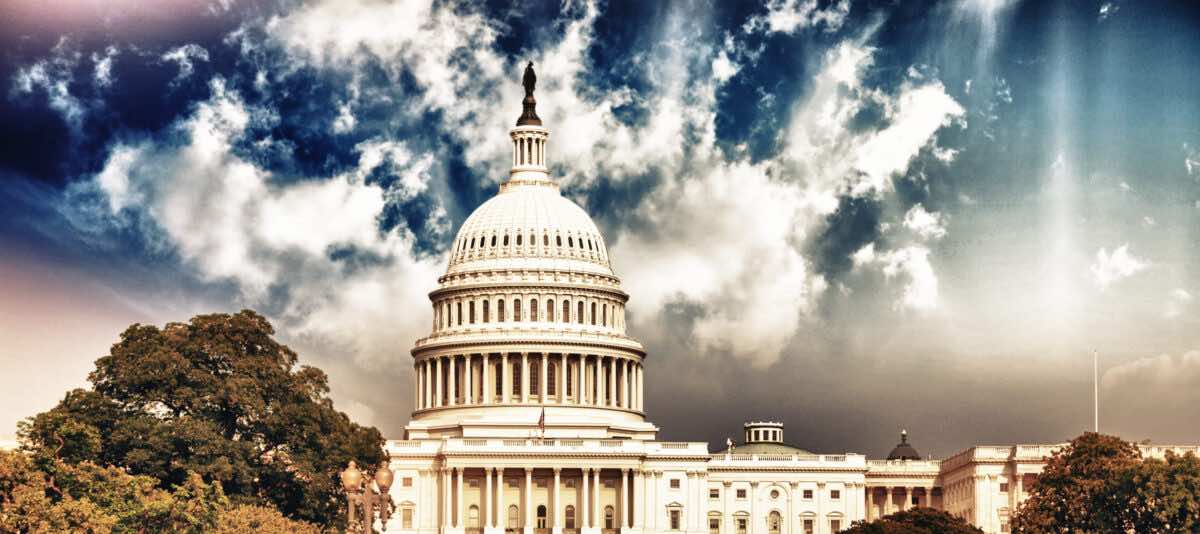PGA Tour and LIV Golf Seek to Drop Litigation Against Each Other
The PGA Tour, LIV Golf and Saudi Arabia’s sovereign wealth fund asked a federal judge in California on Friday to dismiss the litigation that catapulted golf’s economic and power structure into the American court system.
The request to dismiss the case with prejudice, meaning that it cannot be refiled, came less than two weeks after the tour and the wealth fund, which bankrolled LIV, announced a tentative agreement to form a partnership. Although the deal may not close for months and faces mounting scrutiny in Washington, Friday’s submission in Federal District Court in San Jose, Calif., was a milestone in the abrupt détente between the rival circuits.
Judge Beth Labson Freeman, who has been overseeing the case, is expected to approve the request, a cornerstone of the tentative agreement between the tour and the wealth fund. By abandoning the litigation, LIV, the PGA Tour and the wealth fund are limiting the potential for damaging revelations and surging legal bills, as well as closing off one avenue for recourse if the new alliance falls apart.
Justice Department officials, who were already conducting an antitrust inquiry into men’s professional golf, are expected to review the deal closely and could even try to block it or compel changes to it. At least two Senate panels are demanding information about the planned transaction and its consequences, and the deal has not even secured the approval of the PGA Tour’s board.
Much about the agreement itself also remains in flux, including the valuations of the assets of the tour, LIV and the DP World Tour, formerly the European Tour, that are to be housed inside the new for-profit venture. The tour’s commissioner, Jay Monahan, is expected to serve as the company’s chief executive, and Yasir al-Rumayyan, the wealth fund’s governor, is poised to be its chairman. The PGA Tour expects to hold a majority of the seats on the new company’s board, but the wealth fund will have extensive power over how it is bankrolled, assuring the Saudis of significant influence.
Until June 6, when the deal was announced, the PGA Tour had warned against allowing Saudi money and influence to take hold in golf, fueling California litigation that had a costly, complicated life.
The acrimonious proceedings began last August, when 11 LIV players, including the major tournament champions Phil Mickelson and Bryson DeChambeau, brought a lawsuit that accused the tour of violating antitrust laws. LIV itself joined the case later that month.
The tour also pursued its own claims against LIV, which it said had improperly interfered with existing contracts with players. The tour later received Judge Freeman’s approval to expand its case to include the wealth fund itself and al-Rumayyan, just one of the rulings that placed pressure on the Saudis and their allies, whose superior financial resources put the tour under immense strain.
The tour, the wealth fund and LIV waged a ferocious battle over evidence collection in the case, and many filings in the case were redacted, but a federal magistrate judge concluded this year that the wealth fund was “the moving force behind the founding, funding, oversight and operation of LIV,” undercutting its contention that it was a passive investor in golf.
A trial had not been expected until at least next year.
Hours before Friday’s filing from the tour and LIV, The New York Times filed a motion that asked the court to unseal records in the case. The Times cited a “substantial and legitimate public interest in these proceedings and their outcome” and suggested that the planned partnership could make concerns of competitive harm moot.
“To the extent that competitive harm existed at the time of sealing, those justifications may not apply with the same force today — or upon completion of the parties’ anticipated merger,” The Times’s filing said. “Sealing is a decision that can and should be revisited as facts change and circumstances require.”
It was not clear when the judge would rule on either of Friday’s motions.






